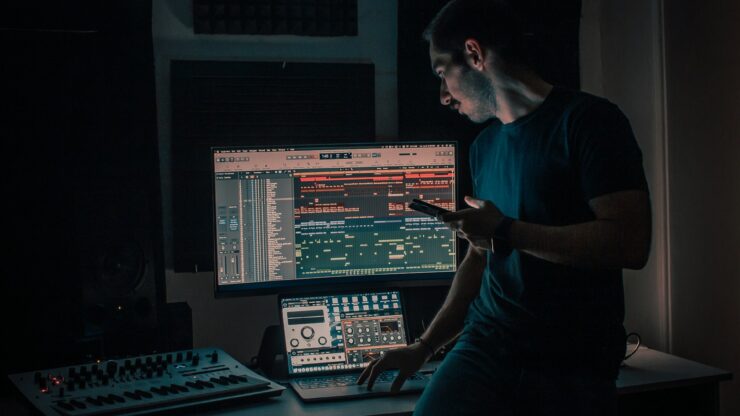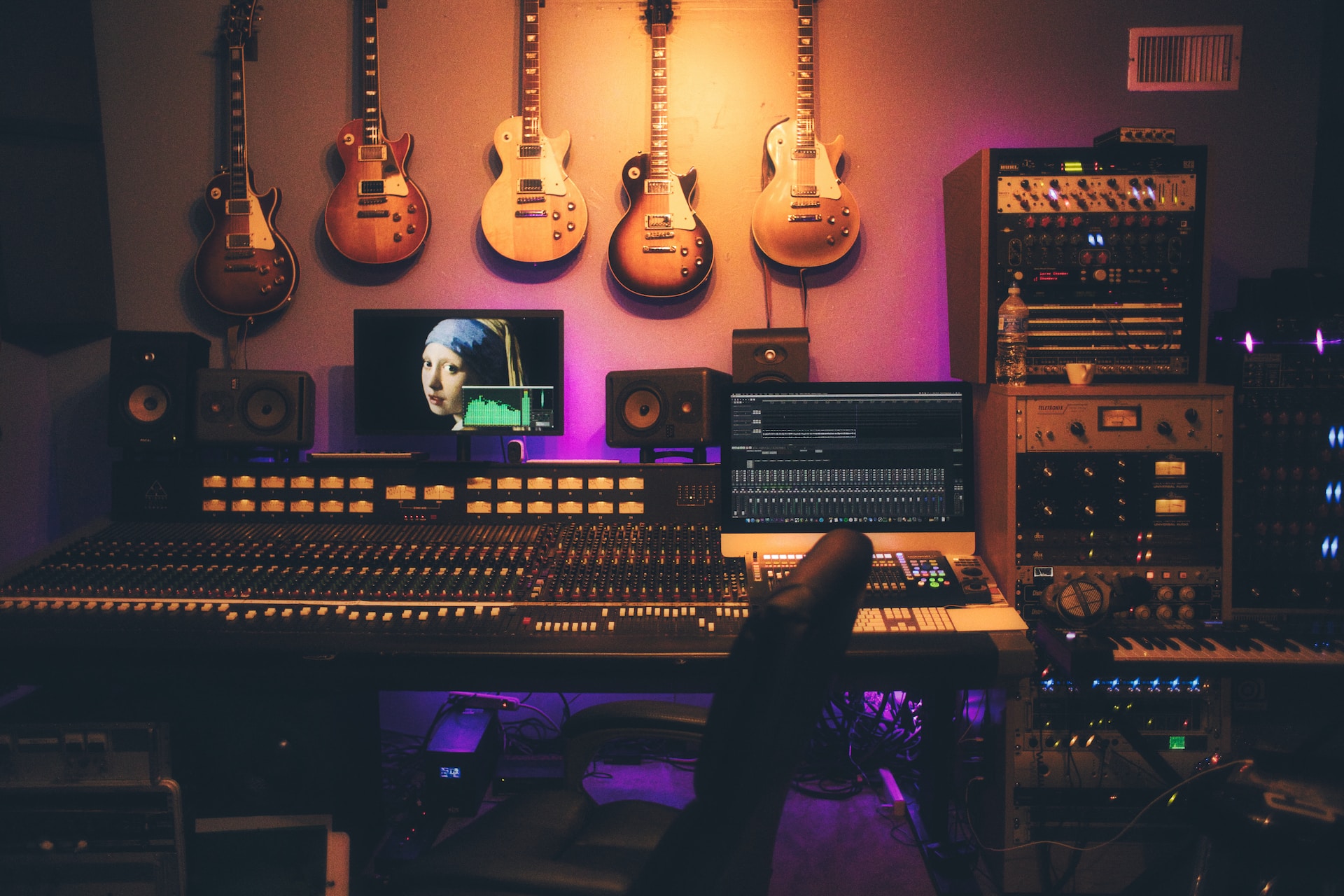The role of a music producer, particularly within the realm of electronic dance music (EDM), has evolved significantly over the past few decades. With the rise of digital audio workstations (DAWs) and the accessibility of music production software, the barriers to entry have drastically lowered. However, turning a passion for music production into a profitable career requires more than just technical skills and creativity. In this comprehensive guide, we will explore various strategies and avenues through which music producers can monetize their craft and thrive within the competitive landscape of electronic dance music.
Understanding the EDM Market:
Before diving into monetization strategies, it’s crucial to understand the EDM market. Electronic dance music encompasses a wide range of genres, from house and techno to dubstep and trance. Each genre has its own culture, fan base, and unique opportunities for producers. Staying abreast of industry trends, understanding what resonates with audiences, and identifying where your style fits within the market are key to positioning yourself for financial success.
Creating and Selling Your Music:
One of the most direct ways to make money as a music producer is by creating and selling your own tracks. Platforms such as Beatport, Bandcamp, and iTunes allow producers to sell their music directly to fans. Additionally, streaming services like Spotify and Apple Music provide royalty payments for streams, though these tend to be smaller amounts per play. To maximize sales and streams, it’s essential to build a strong brand and engage with your audience through social media and live performances.
Licensing and Sync Opportunities:
Licensing your music for use in television, film, advertisements, video games, and other media can be a lucrative revenue stream. Known as sync licensing, this process involves granting a license to use your music in exchange for a fee. The key to success in this area is creating high-quality, versatile tracks that can fit a variety of moods and settings. Building relationships with music supervisors and licensing agencies can increase your chances of securing these opportunities.
Producing for Other Artists:
Many music producers generate income by producing tracks for other artists. This can involve everything from crafting beats to arranging and mixing entire songs. Working with vocalists and other musicians within the EDM scene can also lead to collaborative projects that may share profits. Networking and showcasing your production skills can attract artists looking for your expertise.
Remixing and Ghost Producing:
Remixing popular tracks can not only earn you money but also expose your work to a broader audience. Often, remix contests offer cash prizes and official release opportunities. Ghost producing, where you create music that other DJs or producers release under their own names, is another avenue for income. While it lacks the personal brand recognition, ghost producing can be a steady source of revenue for talented producers who prefer to remain behind the scenes.
Offering Online Courses and Tutorials:
Aspiring producers are always looking for ways to improve their skills, and many are willing to pay for quality education. If you have a knack for teaching and a solid understanding of music production techniques, creating online courses or tutorials can be a profitable venture. You can host these on platforms like Udemy, Skillshare, or your own website.
Performing Live and DJing:
Performing live as a DJ or electronic act is one of the most traditional ways to make money in the EDM industry. Gigs can range from local clubs to international festivals, and they can pay quite well depending on your popularity and the size of the event. Building a strong live presence can also fuel other revenue streams, as it increases your visibility and helps sell more music and merchandise.
Merchandising:
Selling merchandise is a supplementary income source that can significantly boost your earnings. Custom-branded items like T-shirts, hats, and even digital products like sample packs or presets can be sold at live shows or online. Establishing a recognizable brand is key to successful merchandising.
Music Publishing and Royalties:
Understanding music publishing and how to collect royalties is essential for any producer looking to make money from their music. Registering with a performance rights organization (PRO) like ASCAP, BMI, or SESAC ensures you receive royalties whenever your music is played publicly. Additionally, setting up a publishing company can help you collect mechanical royalties from sales and streams.
Networking and Brand Building:
In the music industry, who you know can be just as important as what you know. Networking with other producers, DJs, promoters, and industry professionals can open doors to opportunities that might otherwise be inaccessible. Attending music conferences, joining producer groups online, and engaging with the EDM community are all ways to expand your network.
Conclusion:
The journey to making money as a music producer in the electronic dance music industry is multifaceted and requires a blend of musical talent, business acumen, and strategic marketing. By creating and selling your music, exploring licensing opportunities, producing for others, and leveraging your skills as an educator and performer, you can build a sustainable career. Remember to stay up-to-date with industry trends, continuously hone your craft, and cultivate a strong personal brand. With dedication and persistence, you can turn your passion for music production into a profitable profession.










